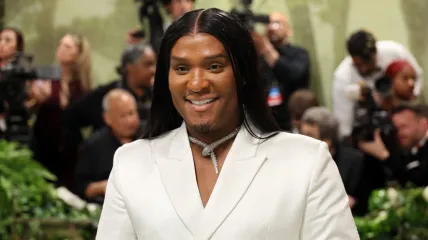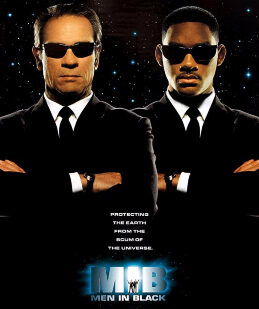Some may recall when Zendaya, then best known as a Disney star, arrived on the red carpet of the 2015 Academy Awards dressed in a white off-the-shoulder gown by Vivienne Westwood and her hair in flowing faux locs. The look was elegant yet culturally significant, marking the beginning of Zendaya’s entry into the conversation as a real tastemaker — just not in the way she or her longtime stylist, Law Roach, initially thought.
At the time, Giuliana Rancic, a host of E!’s “Fashion Police,” caused a stir when she said on air that Zendaya looked like she “smelled like patchouli oil or weed.” Her comments echoed and, according to Roach, kickstarted the movement that led to the CROWN Act.
Speaking about the moment nearly ten years later during the Teen Vogue Summit on Nov. 23, Roach explained why he’s ultimately glad the moment happened.
“That instance went on to actually change the way Black people’s hair was accepted in schools and the workplace,” he said during a panel discussion, per People magazine. “So although we did not set out to make this big statement, because of the events that happened, The CROWN Act was actually birthed from that incident.”
After Rancic’s comments, Zendaya didn’t hesitate to call out the veteran host via Instagram.
“There is a fine line between what is funny and disrespectful,” she wrote in a lengthy post at the time.
“Someone said something about my hair at the Oscars that left me in awe,” the Emmy winner added. “Not because I was relishing in rave outfit reviews, but because I was hit with ignorant slurs and pure disrespect.”
She continued, “To say that an 18-year-old young woman with locs must smell of patchouli oil or ‘weed’ is not only a large stereotype but outrageously offensive. I don’t usually feel the need to respond to negative things but certain remarks cannot go unchecked.”
After noting how many people in her personal life, including her father and brother, have locs, Zendaya also identified how many extremely prestigious and successful individuals wear locs, including Harvard professors, authors, and director Ava DuVernay.
“There is already harsh criticism of African American hair in society without the help of ignorant people who choose to judge others based on the curl of their hair,” she said, adding that she wore her hair in locs that night to remind Black people that “our hair is good enough.”
Rancic faced immediate backlash for the comments, and the next day, she even apologized on air, admitting, “Something I said last night did cross the line.”
As previously reported by theGrio, in a 2021 interview with W Magazine, the actress recalled her response to Rancic.
“That’s how change happens,” she shared. “And it made me think, ‘How could I always have a lasting impact on what people saw and associated with people of color?’”
In the years since those comments, the CROWN Act, spearheaded by Adjoa B. Asmoah in collaboration with Dove and several others through the CROWN Coalition, launched and was first passed in California in 2019. The CROWN Act, which prohibits discrimination based on a person’s hair texture or hairstyle, was passed in the U.S. House in 2022. Versions of the law are now on the books in 27 states. Most recently, Puerto Rico, a U.S. territory, passed the Law Against Discrimination Based on Hairstyles in July.
As for “Fashion Police,” that moment also kicked off a string of bad luck for the show, which ended later that year. The show, where hosts scrutinized what celebrities wore on the red carpet, couldn’t get its footing back after Rancic’s gaff, the exit of fellow host Kelly Osbourne in response to the incident, and the death of longtime co-host Joan Rivers.
Since the show’s end, fashion coverage of celebrities has become more comprehensive. Instead of harsh and often offensive critiques, fashion journalists and red carpet hosts now frequently focus on what’s working with a star’s look, its potential cultural relevance, and the production that goes into a look’s creation by celebrity design teams and stylists.







